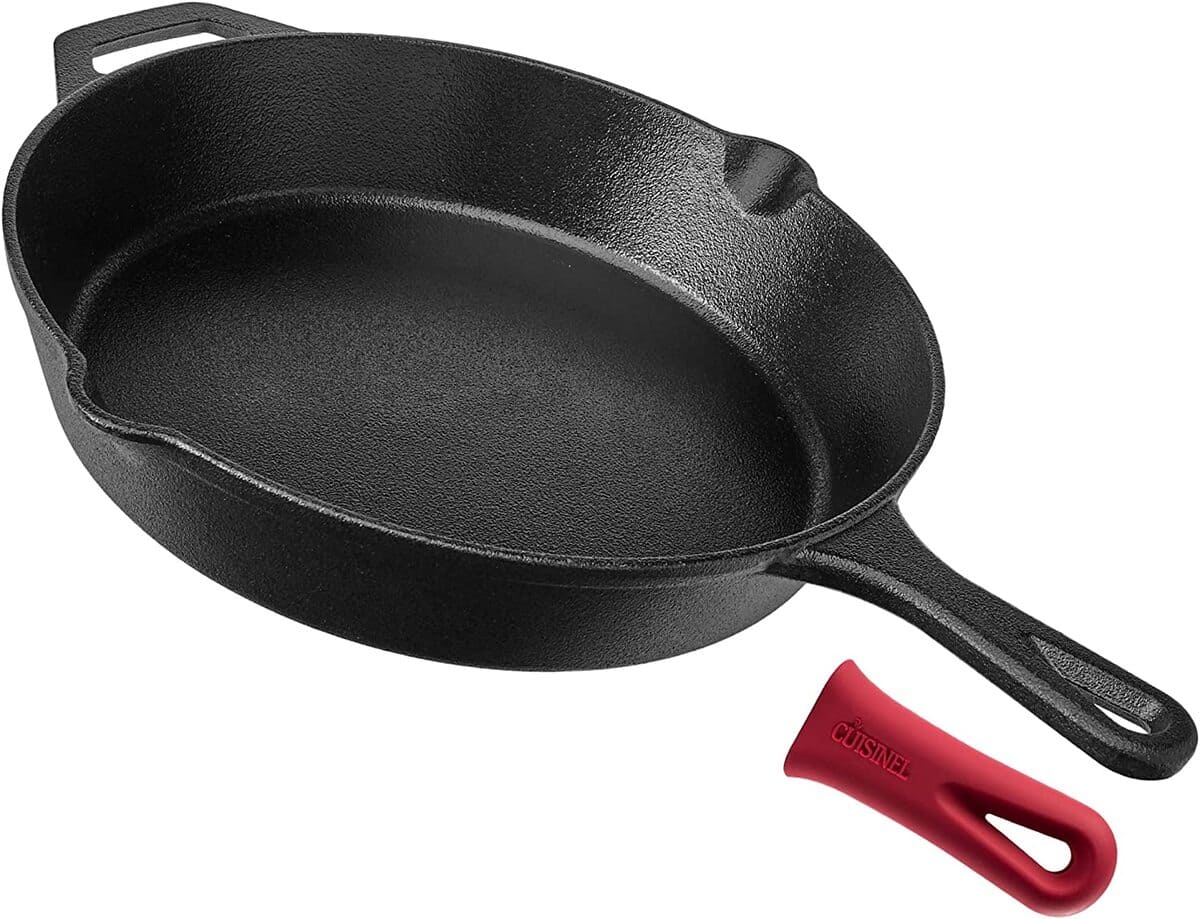Watermelon is a refreshing and delicious fruit that many people enjoy during the summer months. However, when it comes to the seeds, there seems to be some confusion. Can you eat watermelon seeds? This is a common question that many people ask. The short answer is yes, you can eat watermelon seeds.
Watermelon seeds are safe to eat and can be a healthy addition to your diet. They are packed with nutrients such as protein, essential fatty acids, and minerals. In fact, eating watermelon seeds can provide a range of health benefits. However, it is important to note that not all watermelon seeds are created equal. Some varieties may be difficult to digest or have a bitter taste, so it is important to know what to look for when choosing which seeds to eat.
Nutritional Value of Watermelon Seeds
Watermelon seeds are a nutritious snack that can be consumed raw, roasted, or ground into flour. They are a rich source of protein, minerals, and vitamins. Here are some of the nutritional benefits of watermelon seeds.
Protein Content
Watermelon seeds are an excellent source of protein. According to the USDA Food Data Central, 1 oz (28.35 g) of watermelon seeds contains 8 g of protein. This makes them a great snack for vegetarians and vegans who may struggle to get enough protein in their diets.
Mineral Content
Watermelon seeds are also rich in minerals. They contain magnesium, iron, zinc, and phosphorus. These minerals are essential for maintaining healthy bones, muscles, and organs. Here is a breakdown of the mineral content of watermelon seeds:
| Mineral | Amount per 1 oz (28.35 g) |
| Magnesium | 146 mg |
| Iron | 2.06 mg |
| Zinc | 2.9 mg |
| Phosphorus | 214 mg |
| Calcium | 15.3 mg |
| Potassium | 184 mg |
Magnesium is important for regulating blood pressure and maintaining healthy nerve and muscle function. Iron is essential for the production of red blood cells, while zinc is important for a healthy immune system. Phosphorus and calcium are essential for strong bones and teeth, while potassium helps to regulate fluid balance in the body.
Can You Eat Watermelon Seeds?
Watermelon is a popular fruit that is enjoyed by many people around the world. It is known for its juicy, sweet, and refreshing taste. However, when it comes to the seeds, many people wonder if they can eat them or not. The answer is yes, watermelon seeds are safe to eat, and they can even provide some health benefits.
Health Benefits of Eating Watermelon Seeds
Watermelon seeds are a good source of protein, healthy fats, and minerals such as magnesium, iron, and zinc. They also contain antioxidants, which can help protect the body against damage from harmful molecules called free radicals.
Some studies suggest that watermelon seeds may have potential health benefits, such as reducing inflammation, improving heart health, and supporting healthy digestion. However, more research is needed to confirm these benefits.
Preparation and Consumption of Watermelon Seeds
To prepare watermelon seeds for consumption, they should be properly cleaned and dried. This can be done by rinsing the seeds in water and then laying them out on a paper towel to dry. Once they are dry, they can be roasted or eaten raw.
Roasting watermelon seeds can enhance their flavor and texture. To roast them, simply spread the seeds out on a baking sheet and roast them in the oven at 325°F for 15-20 minutes, or until they are golden brown. Roasted watermelon seeds can be enjoyed as a snack or added to salads, trail mix, or other dishes.
Raw watermelon seeds can also be eaten as a snack or added to smoothies, oatmeal, or yogurt. When eating raw watermelon seeds, it’s important to chew them thoroughly to avoid any potential digestive issues.
Potential Risks of Eating Watermelon Seeds
While watermelon seeds do have some nutritional value, there are also potential risks associated with consuming them. These risks include choking hazards, digestive issues, and toxicity.
Choking Hazard
Watermelon seeds are small and hard, which makes them a choking hazard, especially for young children and the elderly. Eating a large number of seeds at once can also increase the risk of choking. Therefore, it is recommended to remove the seeds before consuming watermelon.
Digestive Issues
Watermelon seeds contain a high amount of fiber, which can cause digestive issues such as bloating, gas, and diarrhea when consumed in large quantities. Additionally, some people may be allergic to watermelon seeds, which can cause symptoms such as itching, swelling, and difficulty breathing.
Toxicity
Watermelon seeds contain compounds called cucurbocitrin and cucurbitacin, which can be toxic in large amounts. These compounds can cause symptoms such as nausea, vomiting, and stomach pain. However, the amount of these compounds in watermelon seeds is generally low and unlikely to cause any harm when consumed in moderation.
Conclusion
In conclusion, watermelon seeds are safe to eat and can provide some health benefits. While they may not be as nutrient-dense as other seeds, they still contain important minerals such as magnesium and potassium. However, it is important to note that consuming too many watermelon seeds can lead to digestive issues, as they contain fiber and fat.
Roasting the seeds can be a tasty and healthy way to enjoy them, but be sure to avoid adding salt as it can increase blood pressure. Additionally, it is recommended to chew the seeds thoroughly before swallowing to aid in digestion.
Overall, incorporating watermelon seeds into a balanced diet can be a nutritious addition, but it is important to consume them in moderation and be mindful of any potential digestive issues.




